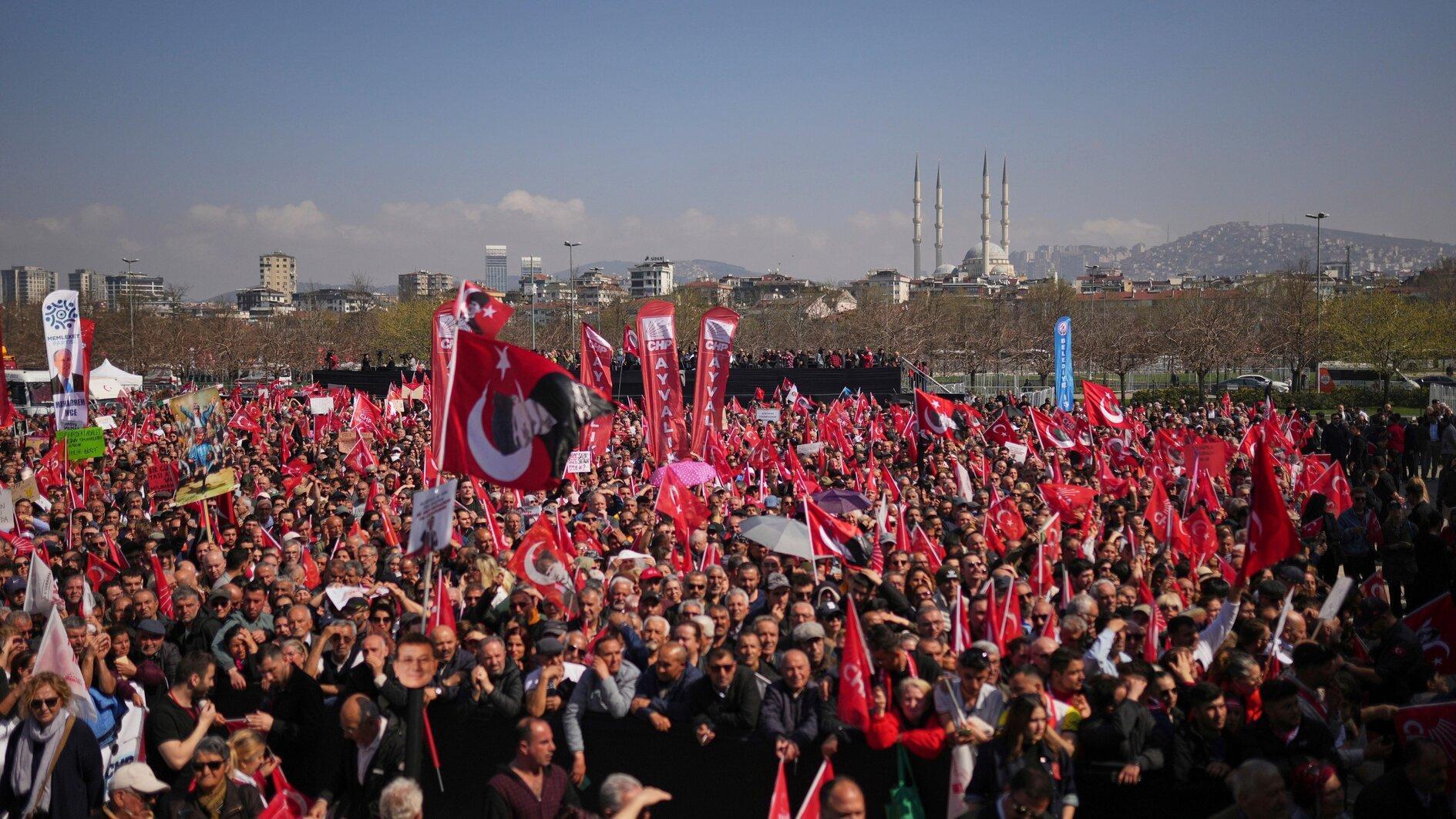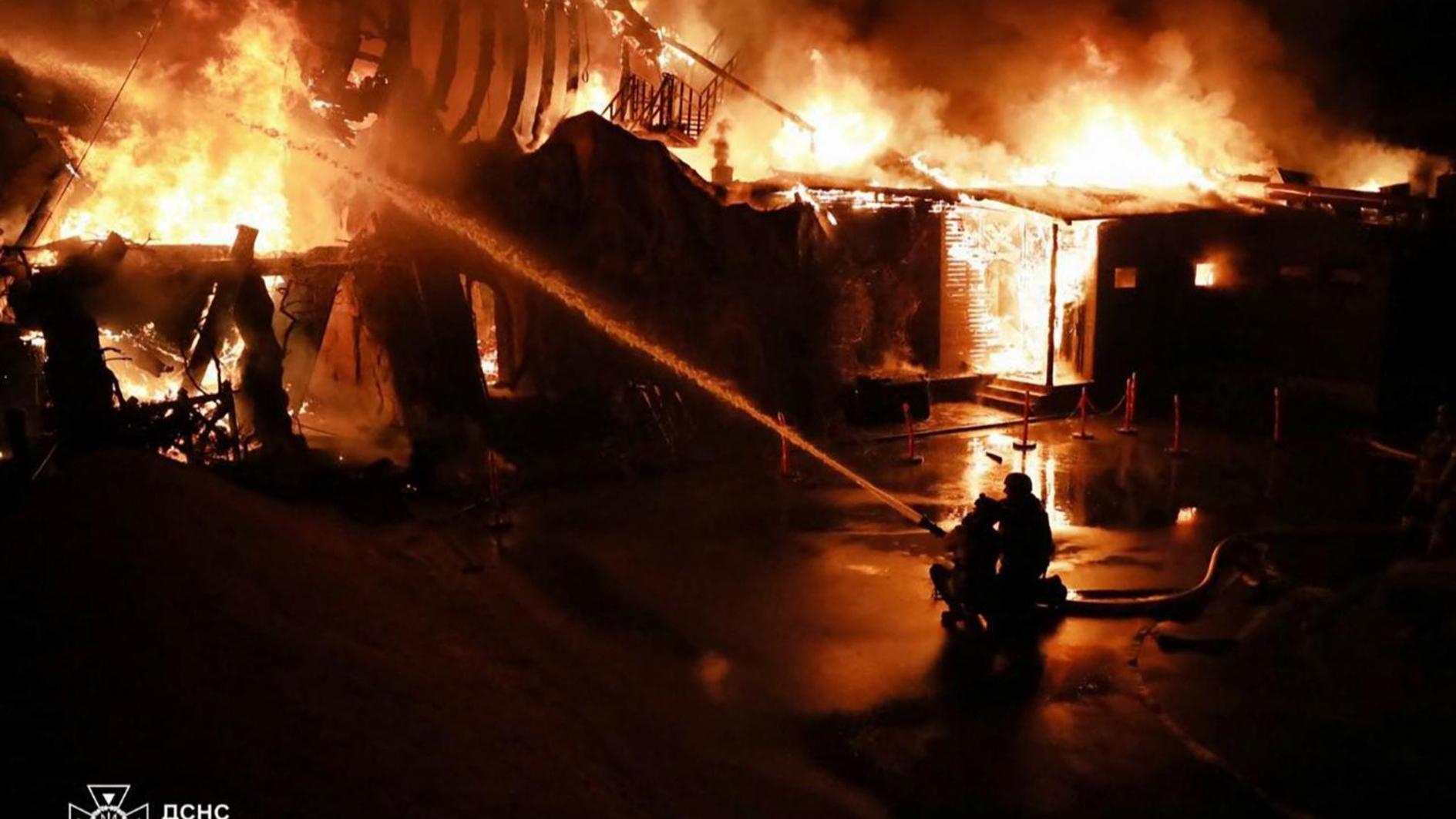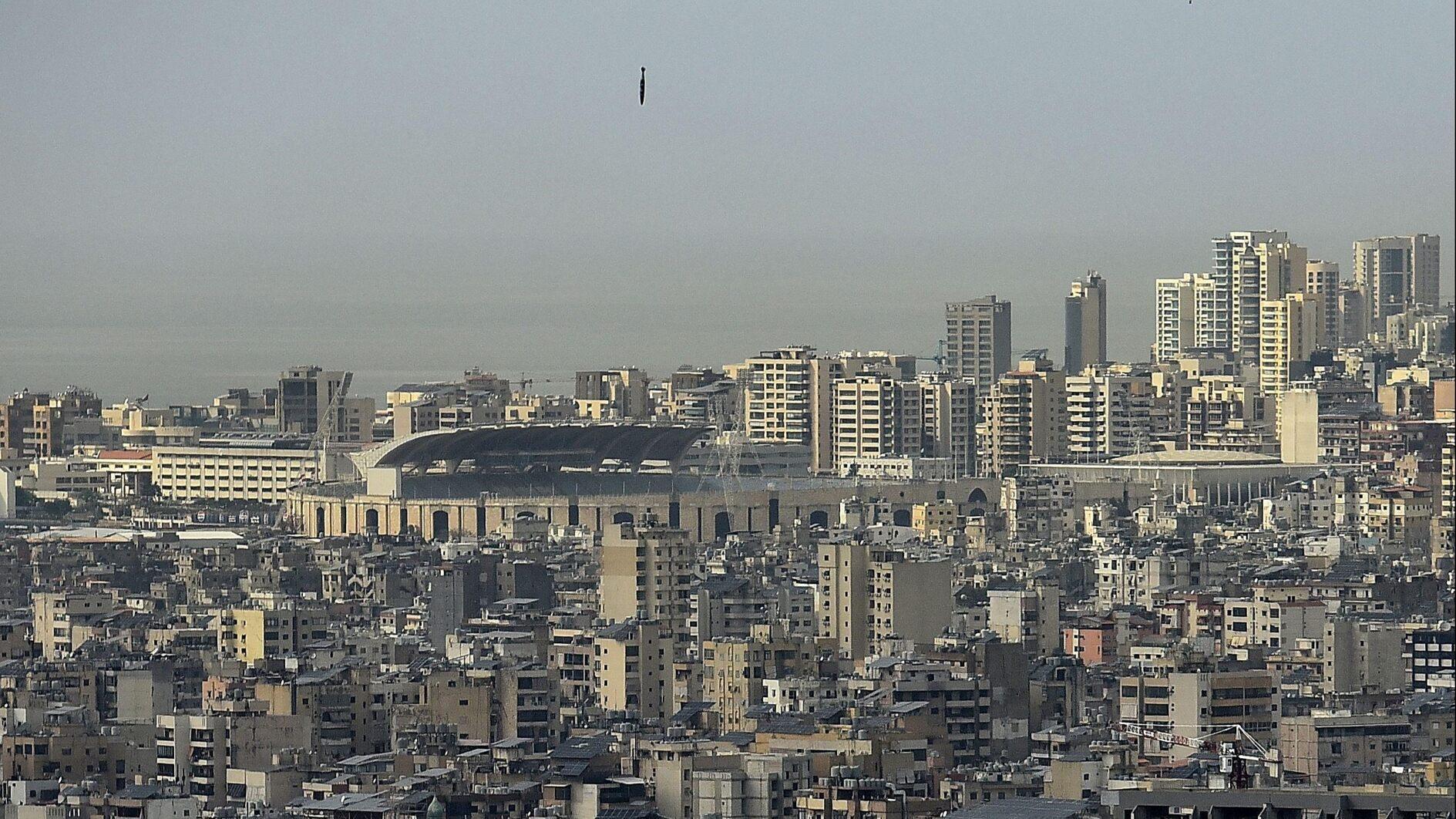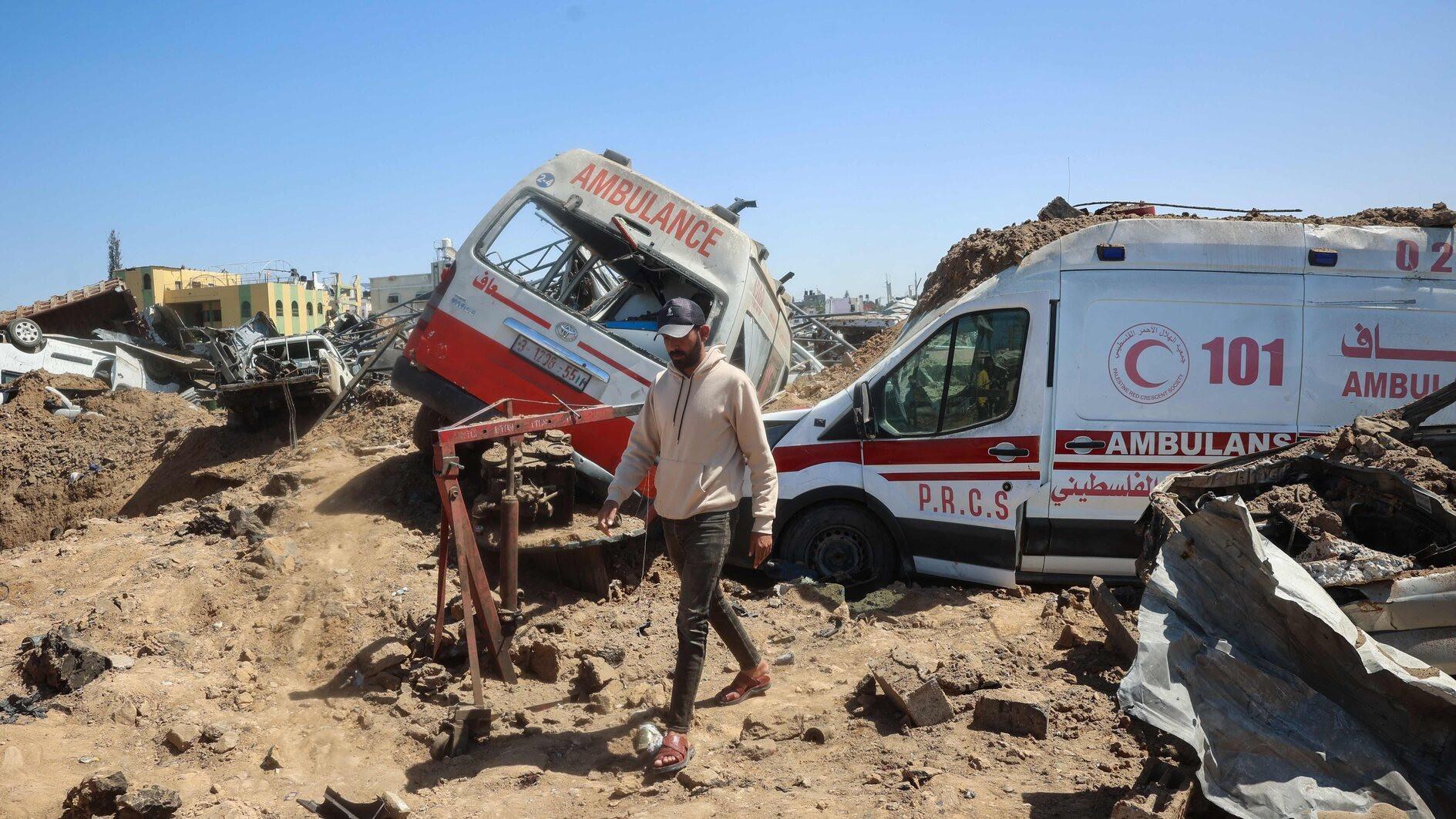Top court rules expropriations ‘unlawful’ in Istanbul’s Tarlabaşı renovation project
ISTANBUL
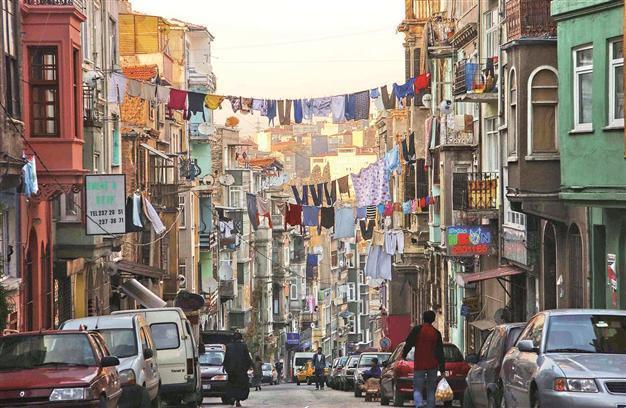 Turkey’s Council of State has insisted on its earlier cancelation of expropriations in Istanbul’s controversial Tarlabaşı urban transformation project, in a key ruling that the case’s lawyer says will set an example for similar projects in the future.
Turkey’s Council of State has insisted on its earlier cancelation of expropriations in Istanbul’s controversial Tarlabaşı urban transformation project, in a key ruling that the case’s lawyer says will set an example for similar projects in the future. In the ruling earlier this week, the Council of State upheld its revocation of an Istanbul administrative court ruling that the expropriations in the Tarlabaşı Renovation Project were legal.
The Council of State ruling may establish criteria for similarly controversial renovation projects, on the grounds that it cited major violations of law in the Tarlabaşı case, said Barış Kaşka, an attorney from a non-governmental organization that assists land owners and tenants in Tarlabaşı.
“All expropriations [in this project] thus far have violated the right to private property and made land owners in Tarlabaşı victims [of the project], according to the latest Council of the State ruling,” said Kaşka.
He also said the administrative court was unable to justify objecting to the Tarlabaşı land owners’ demand to run the project themselves, stressing that parcel-based meetings with land owners could not be considered a reconciliation effort.
Kaşka added that locals were experiencing “long-awaited happiness” in the legal fight he has led for five years.
“[With the latest Council of State ruling] the project ongoing since 2010 has been legally stopped. The Istanbul Administrative Courts still have the right to appeal the ruling, but they should also decide about these major violations of law. That means a change in the [Council of State’s] ruling is only a distant prospect,” he said.
Kaşka also said intangibles in the project not portioned for public utilities construction were expropriated, as well as several private utilities, tourism and trade centers.
On April 10, 2014, the Council of State revoked a ruling issued by the Istanbul Administrative Courts that said the expropriations in the Tarlabaşı Renovation Project abide by the law, in a case filed four years ago by Tarlabaşı land owners.
In response, the Beyoğlu Municipality, which took part in the case as defendant, appealed the ruling.
The Council of State dismissed the municipality’s appeal, stating that “there is no reason to revise the revocation.”
Beyoğlu Deputy Mayor Selim Erbaş said they received the letter about the latest Council of State decision on June 8.
“We then filed an appeal on the matter to the Istanbul 9th Administrative Court. Many cases have been filed on expropriation works and many have concluded in favor of [the Beyoğlu Municipality]. Even the Constitutional Court ruled that this sort of expropriation is compliant with the law ... We will apply to the administrative court demanding that it insists on its earlier ruling that ‘expropriations abide by the law,’” Erbaş said.
The Council of State made a similar decision in the past for another controversial urban transformation project in Istanbul’s Sulukule neighborhood, saying the project was “not beneficial to the public.”
The decision came years after Sulukule, a neighborhood historically populated by Roma people, had already undergone a fundamental change due to the project funded by the state Turkish Housing Development Agency (TOKİ), which replaced the neighborhood’s traditional buildings with modern settlement blocks.
The changes forced the local Roma residents to resettle about 60 kilometers away, as they were unable to afford the newly constructed houses built on valuable real estate.
Nine parcels of Tarlabaşı had been declared a “Renovation Area” before the project plan was approved on Nov. 30, 2007 by the Regional Protection Board for Istanbul Renovation Areas. The evacuation of the buildings in Tarlabaşı started in September 2008, and today the area is partially demolished but still heavily populated.



